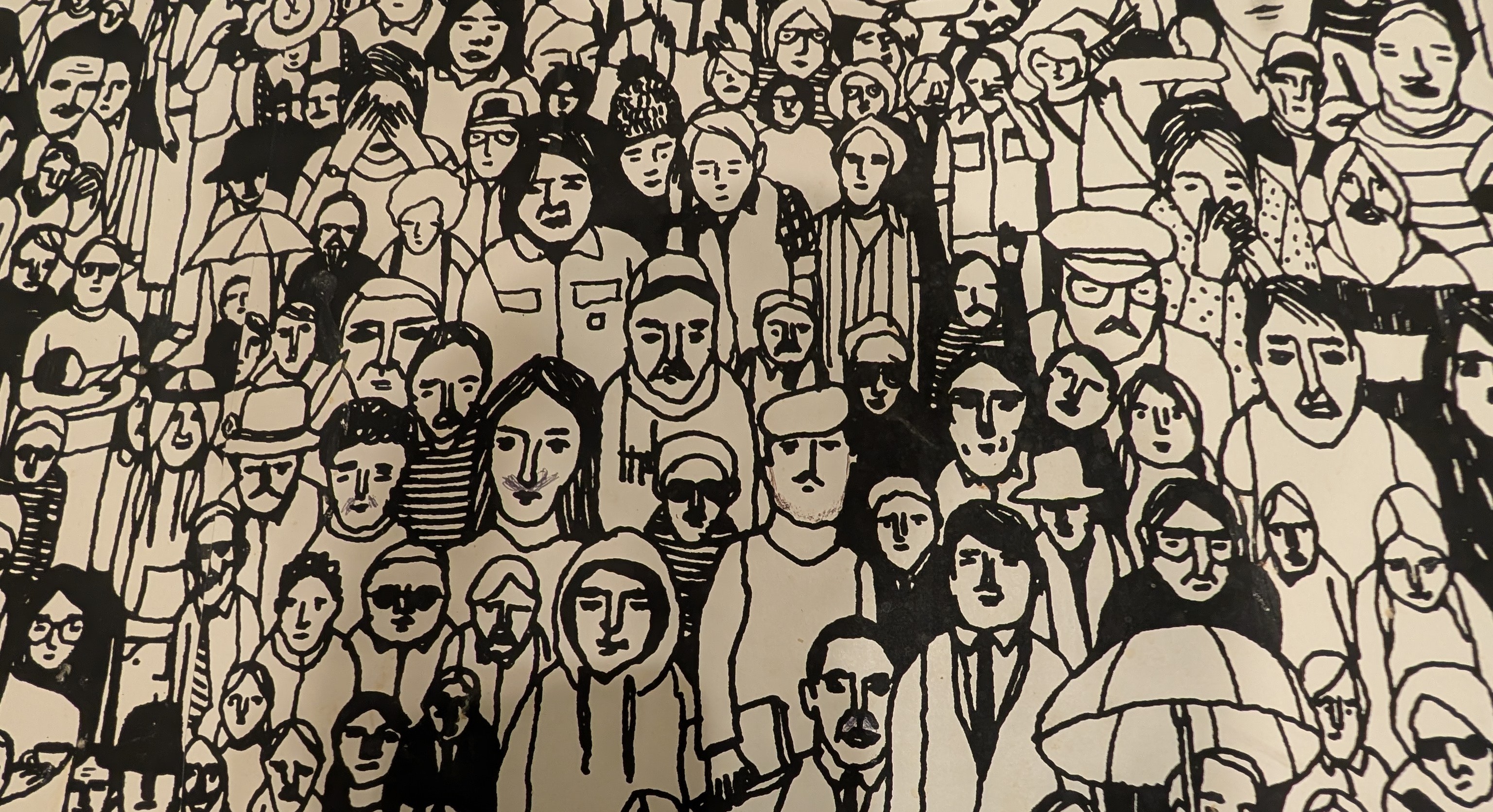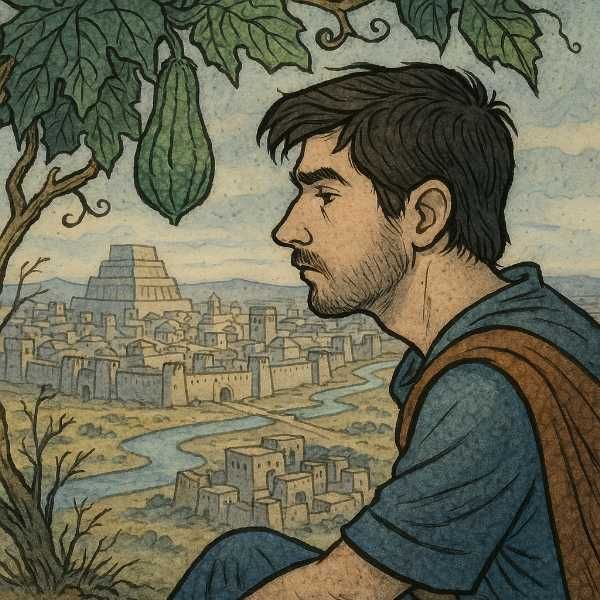Erstwhile Okie on Saint Mark's Place. Frustrated novelist, satisfied father.
Jesus I know, and Paul I know; but who are ye?


Have had a miserable couple weeks; all of it (as always) first-world problems that gnaw at me until I manufacture genuine crises. Then, having it out of my system, I crawl gradually back into the quiet life of dull daily habits which I remind myself is a life 99% of the world would swap for.
In the midst of the crawl-back, I reluctantly return to a daily Bible reading. Of course I know it's critical. Of course I know it's the answer. But I never think I'll get anything from it, especially since my current reading plan is a survey of minor prophets.
Just the same, I picked back up today and it was the Book of Jonah, which every kid who ever spent a day in Sunday School knows since he got eaten by a fish or a whale or something. But that's really a pretty minor detail.
The real story is that God tells him to go save a group of people he hates and he tries his best not to. When left with no choice, he (sort of) does what God tells him to do, it works, and Jonah is incensed because he does not want them to be forgiven; they don't deserve it.
Ultimately God tries to give Jonah an illustration by providing him shade from the sun then killing the thing that provides the shade. Jonah is upset and God asks essentially whether he should care about the loss of the thing shading him more than a group of people who did not know any better than to be the sort of people Jonah hated.
It's a nice lesson about having compassion for enemies, but I've never really struggled with that. I forgive everyone everything because:
1) I tend to avoid situations where anyone could wrong me, and
2) I don't think I have sufficient value that it would be anything other than absurdly self-important to hold a grudge.
But this morning, I saw the story through the prism of when the enemy is yourself.
I could go on, and I usually do, but I'd just encourage you to read it (the Book of Jonah has only four, very short, books--maybe a ten minute read).
I'll only say that God does not need our guilt or our judgment, He needs our obedience. And even that, He can wait on. Nearly every action of Jonah's is disobedient in this book. And in a sense he recognizes it, and believes that God's just response should be to kill him. He has himself thrown into the sea, and eventually commands God to just kill him outright.
But his justice is not God's. And ultimately, he is left with a much greater challenge: to accept God's compassion.
For me at least, that feels easy to do unto others, but when I see myself as the wicked people undeserving, and also myself as the person demanding divine punishment, I find the real challenge.
The thing that comforted me most is in the last verse when God asks why he should not spare a city full of people who "cannot discern between their right hand and their left hand".
When I hate myself, I think I ascribe a certain importance. It reminds me of crying once when I was very little when my dad opened a present that had been labelled as coming from me, when in fact I hadn't done anything to help getting it. I didn't even know what it was. As a father now, I know that sort of response from my child would make me sad.
Today too, though I consider myself a wise, mature person much more culpable in his sins, I believe that I am still, in God's eyes, a child who "cannot discern between their right hand and their left hand".